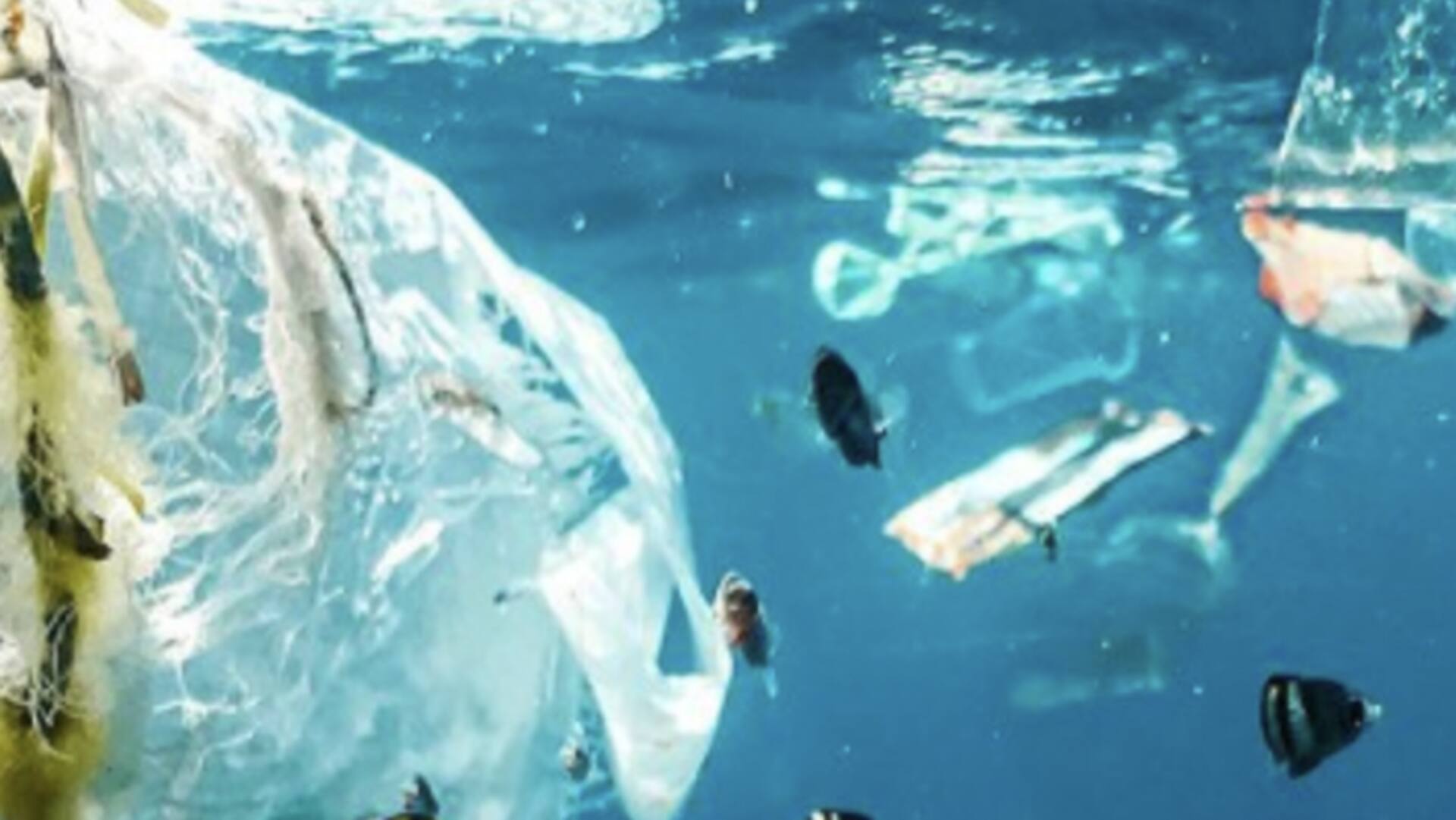
World Environment Day: How UN aims to combat plastic pollution
What's the story
World Environment Day is observed on June 5 every year. Organized by the United Nations (UN), the initiative primarily aims to raise awareness to protect the environment. This time, the theme is plastic pollution, under the campaign #BeatPlasticPollution. Let's take a closer look at the solutions suggested by the UN to combat the rising concerns of plastic pollution.
History
World Environment Day was coined in 1973
This year marks the 50th anniversary of World Environment Day, which has been led by the United Nations Environment Programme (UNEP) since its inception. The event was started by UN General Assembly in 1973, during the Stockholm Conference on the Human Environment. World Environment Day this year is hosted by the West African country Côte D'Ivoire and is supported by the Netherlands.
Theme
This year's theme for World Environment Day is plastic pollution
The theme for this World Environment Day focuses on one of the most pressing environmental concerns: plastic pollution. The UN estimates over 400 million tons of plastic are produced globally every year, half of which are single-use plastics and less than 10% of that is recycled. If remedial measures aren't taken, plastic waste expelled into aquatic ecosystems is predicted to nearly triple by 2040.
Solutions
Plastic pollution could be slashed significantly by 2040
As per a recent UNEP report plastic pollution could be slashed by 80% by 2040 but that calls for action from both the governments and the plastic industry. The report points out that remedial measures would have to be taken now and lays emphasis on three major pointers: reuse, recycle, and reorient and diversify away from plastic products.
Information
The major problem is with "unnecessary plastics"
To 'beat' the problem of plastic pollution, the key problem that requires action is "unnecessary plastics." One way that unnecessary plastic products can be eliminated is through government-imposed bans, among other regulations.
Plastic industry
Plastic industry has a significant role in combating the issue
The plastic industry too, has a crucial role to play. Companies would have to design plastic products that are sustainable and which can stay in circulation for long periods. The firms would also have to shift their business models from single-use to reusable plastic products. They can also increase the use of recycled content in new products to boost recycling.
Information
Here's how we can help reduce plastic pollution
There's something that we as individuals can also do to tackle plastic pollution. This includes making the shift to a zero-waste lifestyle by switching to plastic-free personal care products, metal straws, bamboo toothbrushes, shopping from sustainable clothing lines, and minimizing the use of single-use products.